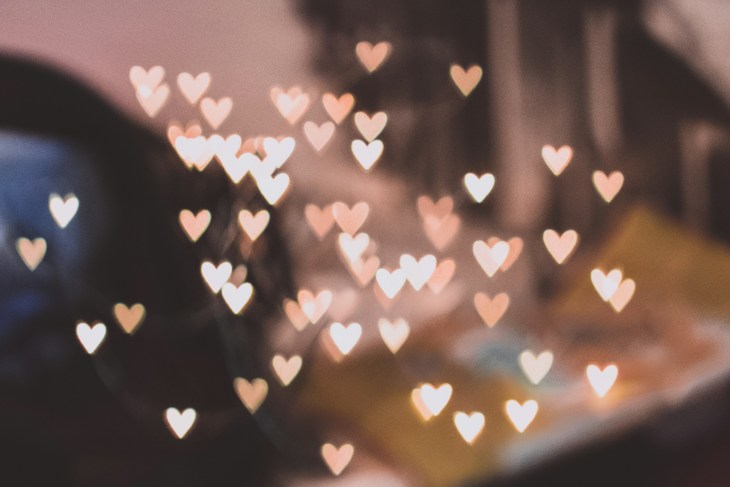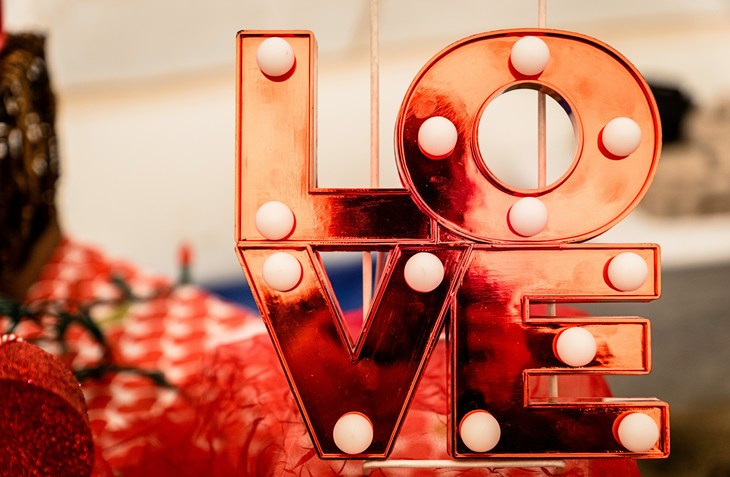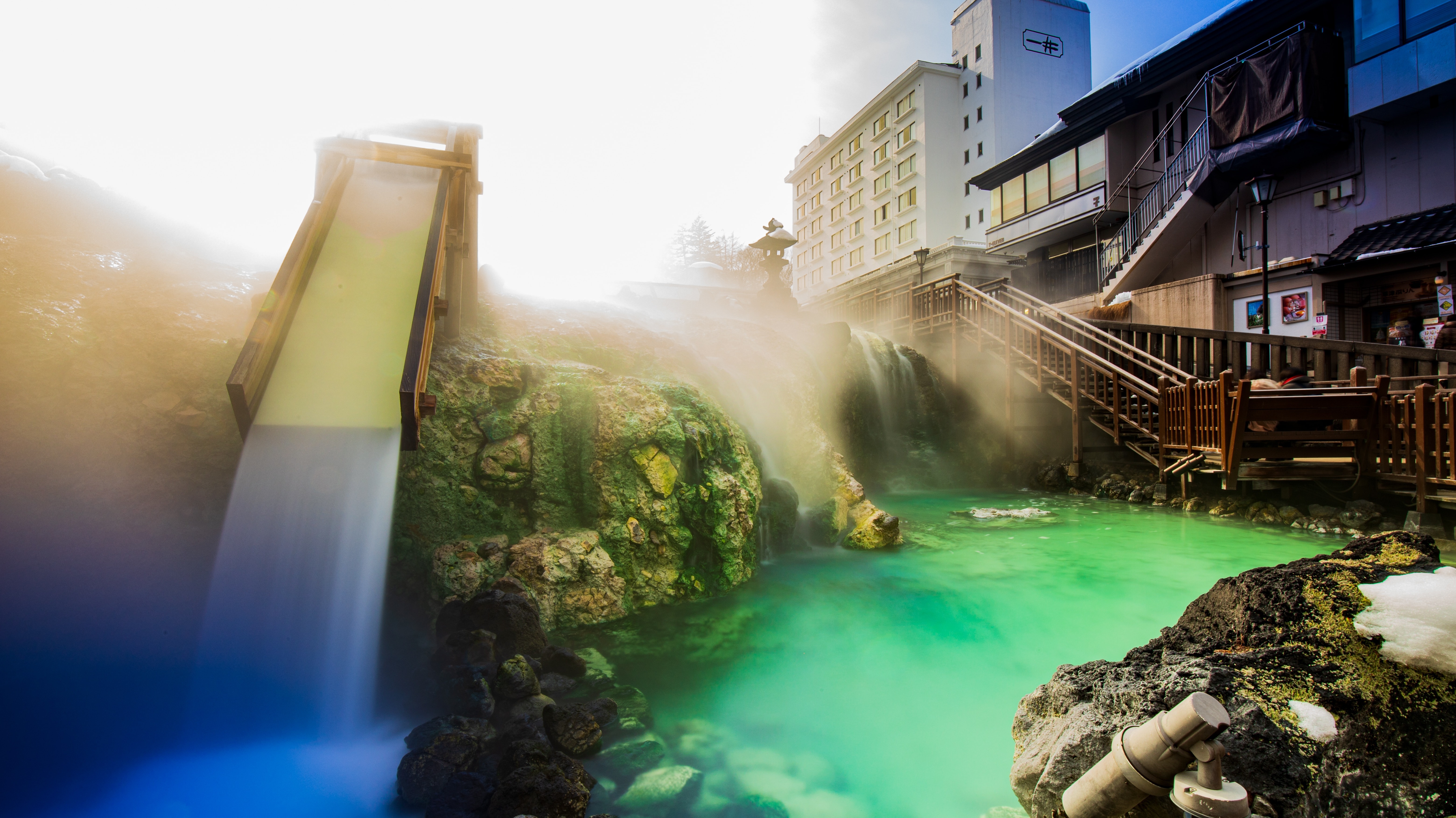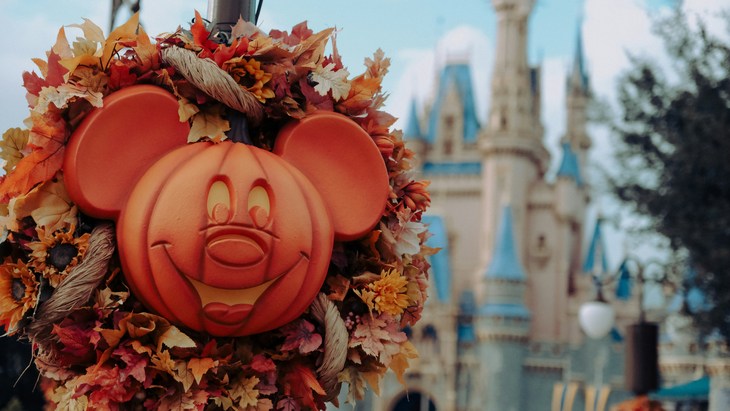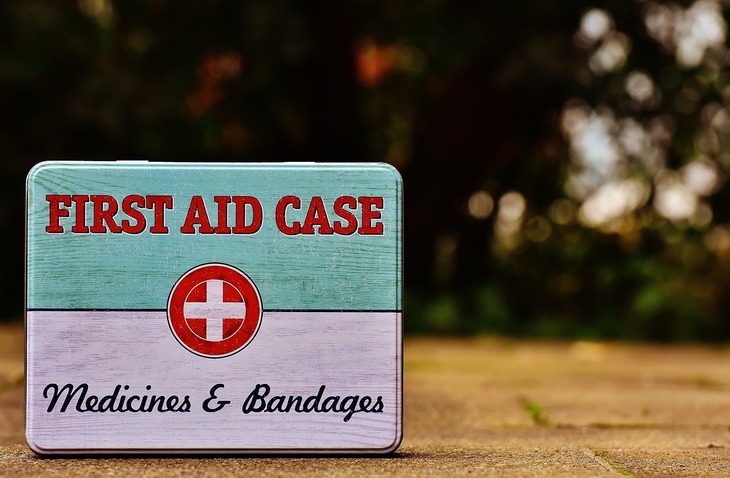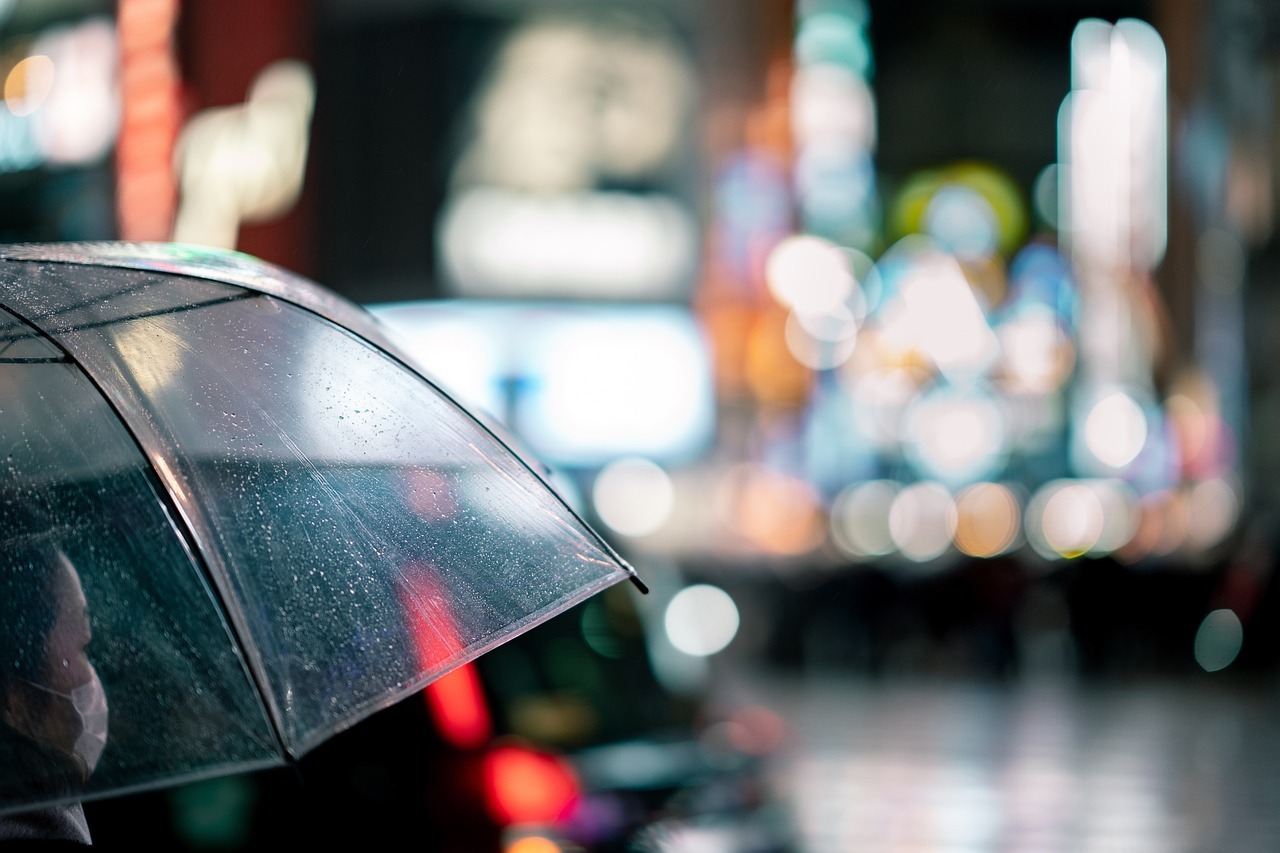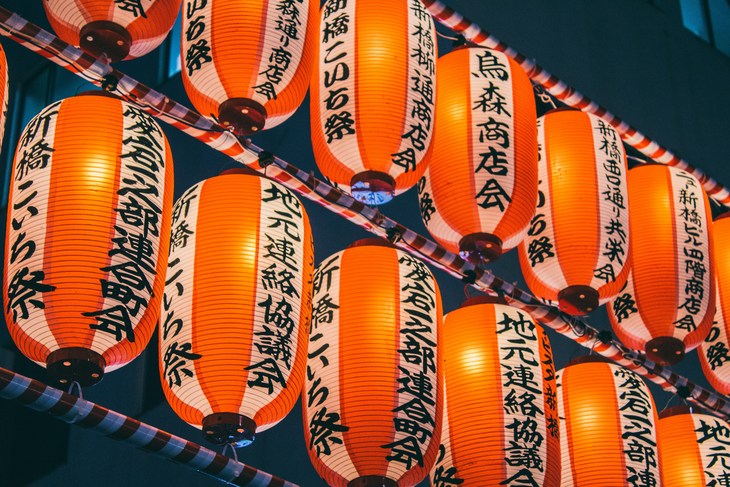All About Valentine's Day and White Day in Japan
How is Valentine's Day celebrated in your home country? Do men buy roses and chocolates for their partners? Do couples go out on dates and share romantic dinners? Do children give Valentine's Day cards to all of their classmates? Is it a day when you can truly feel the love in the air?
If all of this sounds like Valentine's Day to you, then you'll quickly realize that Valentine's Day in Japan is quite different from Valentine's Day in your home country, especially if you come from the Americas or Europe.
If you're a man working in an office in Japan on Valentine's Day, you might be surprised when suddenly every female coworker in the office hands you a small box of chocolates. You'll probably be even more surprised when you're told that one month later you're expected to give chocolates back to every woman who gave you chocolate on a holiday called White Day.
And if you're a woman, the opposite might be true for you: you'll find yourself expected to give all the men in the office chocolates on Valentine's Day, then receive chocolate from the men on White Day.
Why does it seem like giving and receiving chocolate is more of an obligation than a show of love? On top of that, why are no couples going out for romantic dinners on Valentine's Day? If you're not familiar with the traditions in Japan, this can all seem a little confusing.
So how exactly is Valentine's Day celebrated in Japan, and what is White Day? We'll tell you everything you need to know about these holidays and recommend some Valentine's Day events so that you know what you should do if you're in Japan for Valentine's Day or White Day.
Did you know that holidays, such as Valentine's Day where the customs vary greatly from country to country? And what in the world is White Day?
How is Valentine's Day Celebrated in Japan?
Valentine's Day was introduced in Japan by Japanese confectionary companies in the 1950s as a means to increase chocolate sales post-World War II. It makes sense then that Valentine's Day in Japan is all about giving chocolate. However, normally men do not give women any gifts on Valentine's Day (chocolate included), and traditions seen in other countries such as Valentine's Day cards, flowers, or romantic dinners are uncommon, though going on dates and buying flowers on Valentine's Day is slowly starting to gain a bit of popularity. Instead, Valentine's Day in Japan is a day when women give chocolate to men.
Women in Japan often give "honmei-choco" (true-feeling chocolate) to their loved ones, but this is not the only kind of chocolate given on Valentine's Day in Japan. Women, especially office workers, often feel an obligation to give chocolate known as "giri-choco" (obligation chocolate) to every male coworker in the office. While "honmei-choco" is usually high-quality or even homemade chocolate, "giri-choco" is usually cheap and bought en masse from
Girls or male friends may also receive "tomo-choco" (friend chocolate) from girls on Valentine's Day. This is especially common amongst classmates at schools and "tomo-choco" is usually a step up in quality from "giri-choco."
In the month leading up to Valentine's Day, department stores and shopping malls will usually hold special "Chocolate Fairs:" sales events where you can buy all of the chocolate you need to give. These fairs usually have everything from small 500 yen boxes of chocolates destined to become "giri-choco" to 10,000 yen high-quality boxes of chocolate meant for someone you truly care about (or for yourself if you're so inclined). The best, and often most expensive, chocolates are usually found at events held at department stores. It shouldn't be surprising then that Japanese confectionary companies are estimated to make half of their yearly sales around this time of year.
If you're a man and in Japan on Valentine's Day, you might think that it will be great to receive tons of chocolate from female loved ones and female coworkers or classmates but don't celebrate yet. In one month, you'll be expected to reciprocate all of the chocolate you received, which brings us to White Day.
What is White Day?
White Day originated in Japan in the 1970s and has since spread to some nearby Asian countries such as South Korea. It takes place on March 14, exactly one month after Valentine's Day. It was invented and promoted as a response to Valentine's Day by the Japanese National Confectionary Industry Association, essentially as a means to try to make even more money.
White Day serves as a chance for men to show thanks to all the women who gave them chocolate on Valentine's Day by giving them a gift in return. While on Valentine's Day women usually only give men chocolate, a wider range of gifts can be given on White Day. Chocolate, often white chocolate, is still the most popular gift, but marshmallows, candy, cookies, or even accessories such as jewelry, bags, and lingerie can be given depending on the relationship with each woman. And like before Valentine's Day, department stores and shopping malls usually sell a range of chocolate for White Day, though the selection is usually not as wide as that of Valentine's Day.
One important thing to keep in mind if you are reciprocating gifts given to you on Valentine's Day is the "sanbai gaeshi" (triple the return) rule. In short, it is generally said that the gifts you give should be three times the value of what you were originally given.
Now, when it comes to women who gave you "giri-choco," giving similar chocolate in return is often acceptable, and even generally speaking not everyone follows the "sanbai gaeshi" rule. If you are a man and your girlfriend or wife is Japanese, however, you may want to consider making sure that the gift you give them in return is more valuable than what they gave you.
Special Events Perfect for Valentine's Day
If you decide to take part in Valentine's Day, be it the Japanese way or in a more Western way, you should know that there are multiple interesting events worth checking out this time of year. Here are a couple of recommendations for events where you can browse and buy some amazing chocolate, along with a couple of recommendations for unique "date night" experiences if you want to take your loved one out on Valentine's Day.
・Salon du Chocolat 2024 (Nationwide)
This is one of the largest chocolate fairs in Japan, which starts every year at the Isetan Shinjuku department store before moving to Imai Sapporo, then Sendai Mitsukoshi, then JR Kyoto Isetan, then Hiroshima Mitsukoshi, and finally Fukuoka Iwataya. You can purchase high-quality chocolate produced by both Japanese brands as well as famous international brands at this festival.
Note that depending on the location and day, you may need to acquire a ticket for admission to the Salon du Chocolat.
・Takashimaya "Amour du Chocolat" (Nationwide)
This is another chocolate fair held at Takashimaya department stores across Japan. You can buy chocolate from over 100 brands, including international brands like Jadis Junan from France or Dolce Nero from Mexico. If you're looking for some unique, delicious chocolate from around the world, check out this event.
Learn more here (Japanese only).
・Konica Minolta Planetaria Tokyo (Yurakucho)
Here's a fun date idea if you are in Tokyo and planning to take your special someone out on Valentine's Day. This planetarium is the first in Tokyo with a twin dome and offers a premium starry sky experience, allowing you to see the star-filled sky in detail about as close to real as you're going to get at a planetarium. Seeing the stars in vivid, beautiful detail will make for a romantic and unique date night on Valentine's Day.
・Factory Night View Cruise (Yokohama)
If you're looking for a bit more of a traditional date night idea, why not take your partner on a cruise that will take you past impressive futuristic scenery in Yokohama and Kawasaki? Seeing factories illuminated at night from the water is a unique, impressive experience, and the cruise also gives you a great view of the skyscrapers of Yokohama's Minato Mirai district and the famous Yokohama Bay Bridge.
Plus, the area where the cruise takes off from is full of popular date spots such as the Red Brick Warehouse and the Minato Mirai district, so you can enjoy a cruise and then enjoy the sights and atmosphere of Yokohama's downtown.
Do You Have to Take Part in Valentine's Day in Japan?
Honestly, it depends. If you are a woman, you could choose to give chocolate to your partner or important men in your life, and if you're a man you could choose to ignore Japanese traditions and celebrate Valentine's Day with your partner as you would in your home country. You could always check out some of the events we mentioned earlier with your significant other. But if you have Japanese friends or your partner is Japanese, you may still find yourself giving or receiving chocolate on Valentine's Day or White Day.
As far as "giri-choco" is concerned, this also depends on where you work.
Since many women feel a lot of unwanted pressure from the obligation to give chocolate to coworkers, and many men feel pressure to reciprocate any chocolate they are given on Valentine's Day with more expensive gifts on White Day, some companies have outright banned giving chocolate to coworkers on Valentine's Day and White Day. That being said, many other companies still allow or encourage the giving of chocolate on these holidays as a way to bring coworkers closer.
And of course, nothing is stopping you from taking advantage of all the delicious chocolate being sold this time of year and buying a couple of boxes to keep for yourself.
Valentine's Day and White Day in Japan are certainly unique compared to many other countries in the world, so hopefully you'll be able to enjoy these holidays if you find yourself in Japan in February and March.













